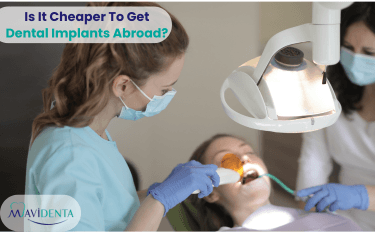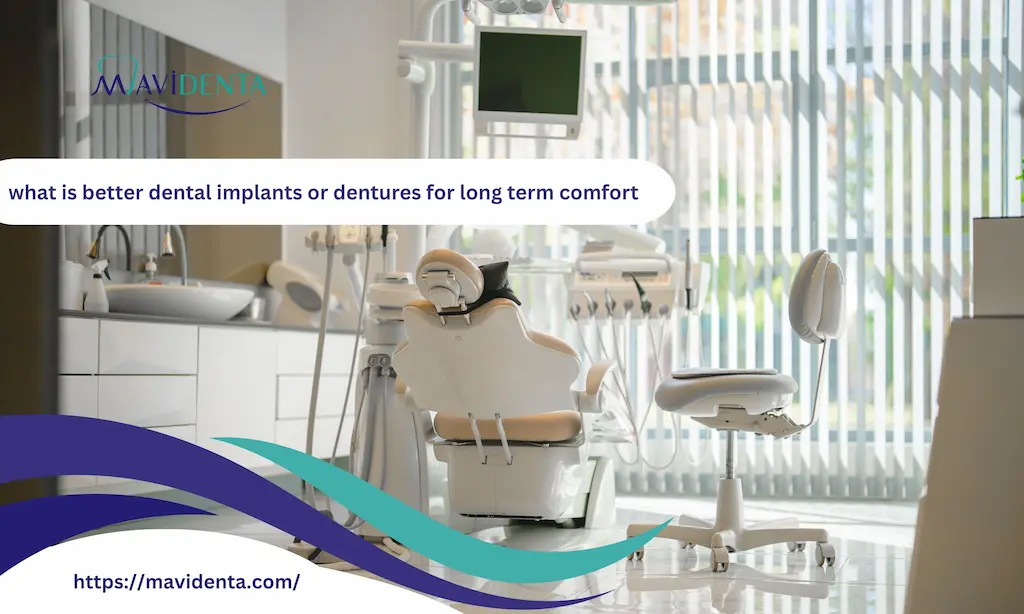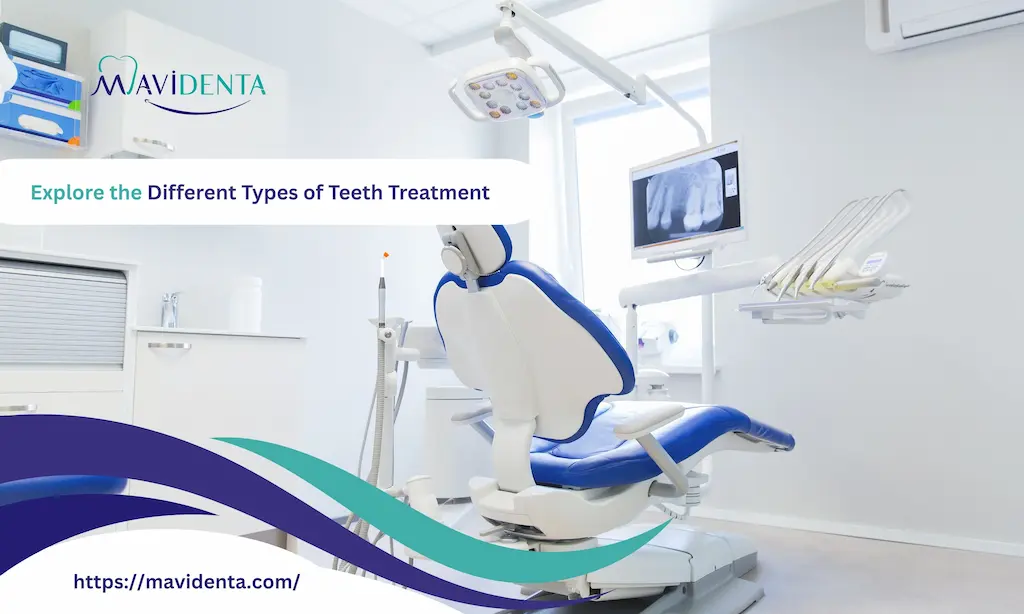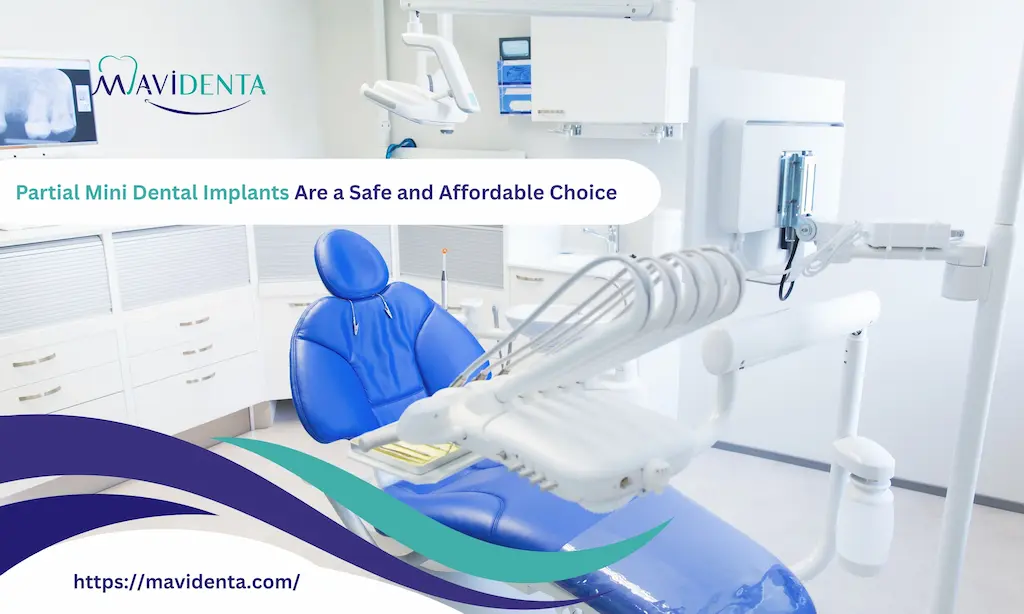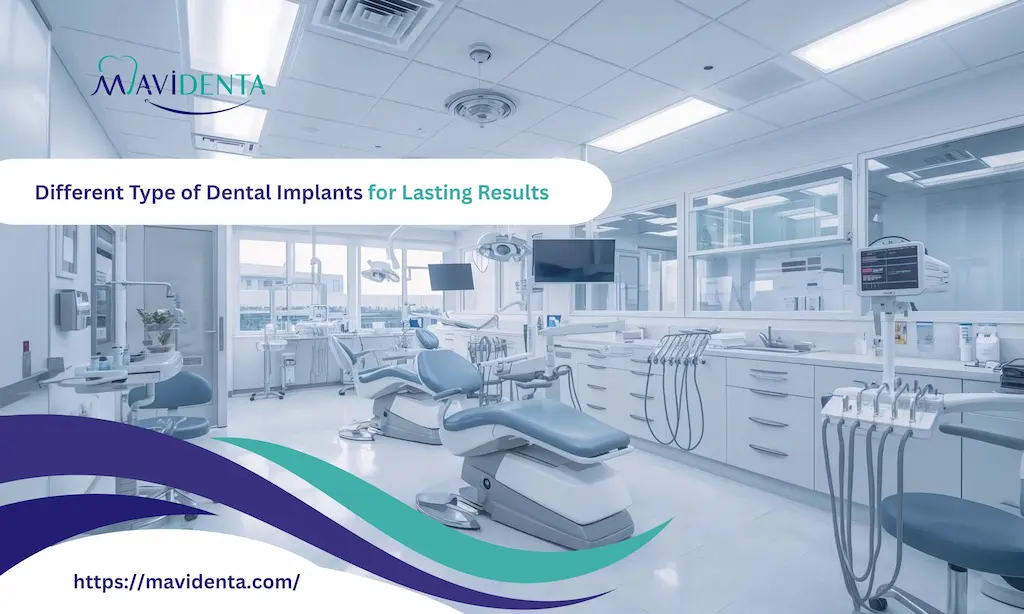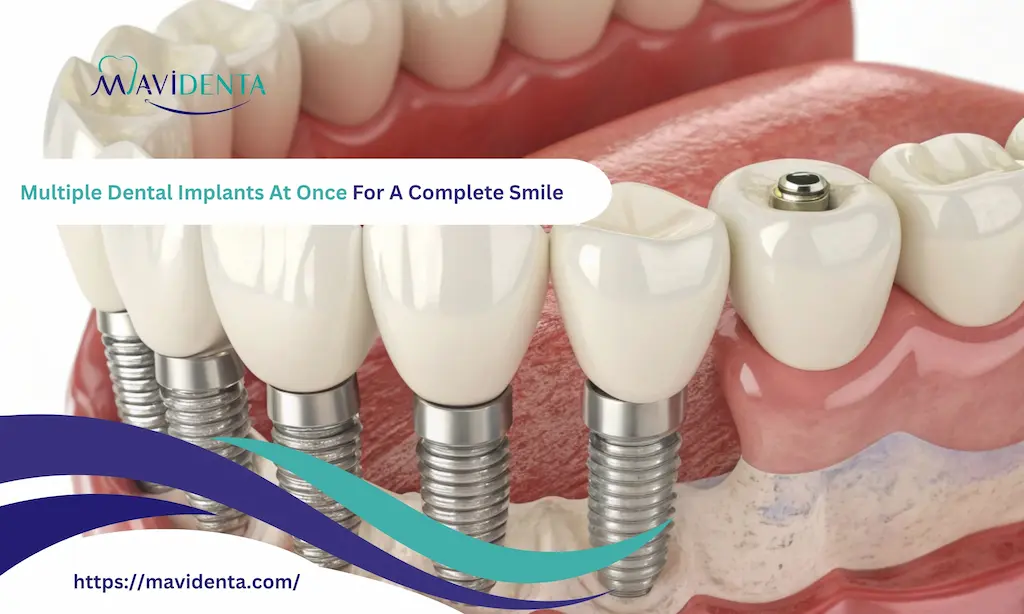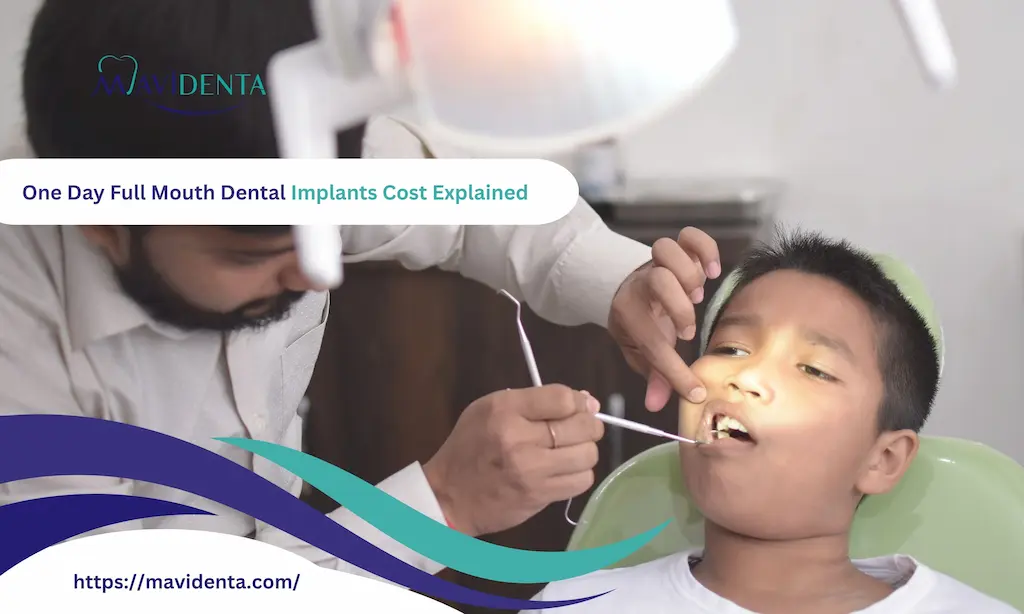Is it cheaper to get dental implants abroad? For many patients, the answer is yes. Countries like Turkey and Hungary offer dental implants at a fraction of the price found in the US or UK, often with the same high-quality materials and experienced dentists. Even after adding travel and accommodation costs, total expenses can be 50–70% lower. This article breaks down the real costs, benefits, and considerations to help you decide if getting dental implants abroad is the right choice for you.
Why Do People Consider Getting Dental Implants Abroad?
People choose to get dental implants abroad primarily for substantial cost savings—often 50% to 70% less than prices in the US or Western Europe, even after including travel and accommodation. Leading destinations like Turkey offer internationally accredited clinics, highly trained dentists (many with US or EU qualifications), and use the same top-quality implant materials as Western providers. Patients benefit from advanced technology, shorter waiting times, and all-inclusive treatment packages that make the process efficient and predictable. This approach not only ensures world-class care and safety but also allows patients to combine their dental treatment with travel, turning a necessary procedure into a positive and memorable experience.
Is it cheaper to get dental implants abroad?
Is it cheaper to get dental implants abroad? Yes, in many cases, dental implants abroad are cheaper than getting them in countries with high medical fees, such as the United States, the United Kingdom, or Canada. Many people go on what is known as “medical tourism,” emigrating to countries that offer high-quality medical services at affordable prices, such as Turkey, Mexico, Thailand, India, and Hungary.
The main reason for the lower cost is the lower living and labor costs in these countries, in addition to the competition among clinics to attract patients from abroad. Many centers offer package deals that include examinations, implants, crowns, and even accommodation and transportation.
Although the price may be attractive, there are several factors to consider, such as:
- The cost of travel and accommodation
- The number of visits required to complete the treatment
- The a need to choose a certified and reliable medical center to ensure quality and safety.
Read More: Cost of Dental Implants Abroad: Affordable Options.
What Is the Cheapest Country for Dental Work?
Dental Implants Cost Comparison:
Country | All-on-4 (per arch) | All-on-6 (per arch) | Single Implant |
|---|---|---|---|
| Turkey | $2,500–$5,000 | $3,000–$4,500 | $350–$1,350 |
| Mexico | $8,000–$12,000 | $10,000–$14,000 | $700–$2,000 |
| Hungary | $2,500–$7,000 | $5,500–$6,350 | $700–$1,800 |
| Thailand | $8,000–$10,900 | $10,000–$13,000 | $860–$2,600 |
| Poland | $6,000 | $7,000 | $900–$1,500 |
| Croatia | $5,200 | $5,594 | $900–$1,500 |
| Germany | $7,000 | $8,000 | $1,500–$3,000 |
| India | $3,000–$6,000 | $4,000–$7,000 | $400–$1,000 |
| Costa Rica | $8,000–$12,000 | $10,000–$14,000 | $800–$1,500 |
| Spain | $6,000–$8,000 | $7,000–$10,000 | $1,000–$2,000 |
| UK | $16,000–$22,000 | $17,000–$24,000 | $2,500–$6,500 |
| USA | $12,000–$28,000 | $23,000–$40,000 | $2,500–$6,000 |
Explore the Best Place to Get Dental Implants in the World.
Why Is the Cost of Dental Implants Abroad Less?
A popular trend is to get dental implants outside the country. However, why do so many individuals choose to get dental work done abroad rather than in their own nation? These are a few of the main reasons:
- For the majority of dental implant patients, cost-effective therapy comes first. The cost of dental care, especially implants, is quite high in some Western nations, such as the United Kingdom and the United States.
- Prices in Turkey might be 50% lower than in other European nations, even including flights and hotels. Lower operational costs and government incentives to promote medical tourism are the main causes of this.
- Skilled professional: Several dentists and dental surgeons received their training overseas. They are well qualified by international standards. Their clinics typically employ the newest dental methods and cutting-edge technology. As a result, a large number of foreign patients are able to receive treatment from the finest, most accessible, and highest-quality physicians.
- Vacation experience: Getting a dental implant outside the country is usually a two-in-one trip for most people. It’s a wonderful chance to experience a new nation’s world-class attractions and food. Think about drinking cocktails by the Mediterranean while healing after dental surgery. The concept is appealing
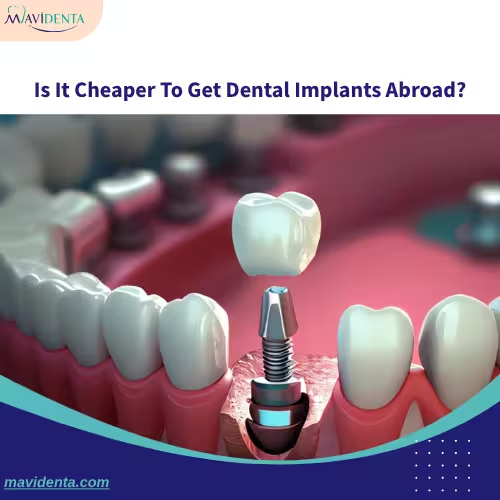
What are the Benefits of Dental Implants?
Dental implants offer individuals numerous benefits that make them happier afterward. The most important of these benefits are:
Providing a beautiful and natural appearance to the face:
There is no doubt that replacing missing teeth with new, identical teeth makes the face more beautiful and radiant. This is done in the best dental clinic, as teeth are among the things that attract the most attention when speaking with others.
Ease of eating and improved speech function:
The presence of teeth certainly makes a significant difference when eating, speaking, and doing all the things that depend on teeth.
Easy to care for:
A daily brush and floss are sufficient to maintain the health and appearance of the implanted teeth.
Protecting adjacent teeth from damage:
The advantage of dental implants is that they are integrated into the jawbone, a process known as jawbone grafting, which does not place a burden on adjacent teeth as do bridges.
Finance Teeth Turkey: Affordable Options for Healthy Smiles.
What are dental implants abroad packages?
The majority of foreign dental offices provide implant packages. They often cover transportation, travel insurance, lodging, and the implant procedure itself. Some of the well-liked bundles are:
- All-on-four dental implants: In this procedure, six titanium implants are used to replace an entire arch of teeth. It is perfect for those who have numerous missing teeth.
- All-on-six dental implants: In this method, six titanium implants are used in place of the four used in the all-on-four method.
- Dental implants with three on six: Six implants are inserted into your jaw. Next, your new teeth are covered with three dental bridges.
Is it safe to do dental implants abroad?
Of course, it is safe as the majority of dentists abroad are highly skilled. They received their training in reputable institutions or foreign hospitals.
They are knowledgeable about modern methods and care standards that are recognized worldwide. You should research and select an accredited dental clinic if you’re considering having a dental implant done overseas.
What should patients look for when choosing a destination for dental implants?
There are many things to take into account when selecting the ideal nation for dental implants abroad, such as;
Dental Care Quality and Reputation:
Examine the reputation of the nation’s dental offices and dentists, taking into account their credentials, experience, and patient feedback.
Dental Implant Costs:
Compare the cost of dental implants across nations. Take into account all expenditures related to treatment, such as surgery, diagnostics, consultation costs, and post-operative care.
Travel Logistics and Accessibility:
Select a nation that has easy travel choices, such as direct flights, visa requirements, and transportation within the country. Consider the proximity of dental offices to airports, hotels, and tourist destinations.
Language and Communication:
Select a nation where English or another language you are fluent in is widely used to ensure that you are able to communicate effectively with the dental staff, this is if the clinic does not have any interpreters. It is critical to have clear communication in order to comprehend treatment options, risks, and postoperative recommendations.
Also read: Is It Safe to Have Dental Implants in Turkey?
How to Choose a Dental Clinic Abroad?
Choosing the right dental implant clinic abroad is essential to ensuring successful treatment and safe, long-term results. Here are some essential points to consider when making this decision:
1- Check the qualifications of the doctors:
Ensure that the dentists are licensed and have sufficient experience in dental implants, preferably with international certifications or training in medically advanced countries.
2-Research patient reviews and experiences:
Read actual reviews online and check out clinic ratings on trusted websites or medical travel groups. These opinions give you a clear idea of the level of care and quality of service.
3-Know the type of implants used:
Inquire about the brands of implants the clinic uses. Preferably, they are internationally recognized and accredited to ensure quality and subsequent follow-up in any country.
4-Medical Accreditations:
Check that the clinic is accredited by official or international health bodies, such as ISO or the local Ministry of Health. This demonstrates its commitment to global standards.
5-Clarity of the Treatment Plan and Cost:
Request a detailed treatment plan that outlines each step and the total cost, including the implant, crown, tests, and any additional services such as accommodation or transportation.
6-Post-Operative Follow-Up and Support:
Make sure the clinic offers post-operative follow-up services, especially if complications arise upon your return home.
7-Ease of Communication:
Make sure the team speaks your language or provides a professional interpreter to ensure you fully understand all treatment details and instructions.
8-Location and General Comfort:
Choose a clinic in an easily accessible location, preferably close to your airport or hotel, and that offers a clean and comfortable environment.
How to Choose the Best Dental Implant Clinic in Istanbul?
Different Types of Dental Implants:-
Dental implants are considered one of the best modern treatments for replacing missing teeth, providing patients with a natural feel and long-term stability. Implant types vary depending on the patient’s health, bone density, and the extent of tooth loss. The following are the most common types used:
1. Endosteal Implants:
- This is the most widespread type.
- Requires the patient to have a sufficient amount of bone.
- It is suitable for most cases and is characterized by high stability and excellent results.
2. Subperiosteal Implants:
- This is used when bone density is insufficient and an endosteal implant is not possible.
- The implant is placed above the jawbone and directly under the gum tissue.
- It is an alternative option for those who do not wish to undergo bone grafting.
- Less common, but effective in some complex cases.
3 . Immediate Dental Implants:
- The implant is placed immediately after tooth extraction, in the same session or within a short time.
4. Mini Dental Implants:
- Smaller implants than traditional implants are often used to support removable dentures.
- They are less invasive and easier to place.
- Suitable for cases with weak or limited bone.
- However, they do not offer the same strength or longevity as traditional implants.
5. Fully Implant Supported (All-on-4 / All-on-6):
- An advanced technique for securing a complete denture using only 4 or 6 implants.
- Ideal for patients who have lost most or all of their teeth.
- They provide a natural appearance and high stability without the need for individual implants.
Also read: All on 4 vs All on 6 Dental Implants: Making the Right Choice for Your Smile
Dental Implant Procedure:-
The steps involved in dental implant surgery include:
- Conducting a complete examination of the mouth and gums, requesting a panoramic and CT scan of the jaws.
- Sterilize the area where the implant will be placed.
- Using a local anesthetic to numb the area.
- Exposing the bone by making a small incision in the gums.
- Drilling several holes in the jawbone.
- Inserting a titanium abutment into the bone.
- Covering the titanium abutment with gum tissue.
- A final crown is placed to cover the teeth. This is done several months after the procedure if the jawbone and abutment have fused together and are not rejected by the body. This healing is called osseointegration. The upper jaw requires 6 months for osseointegration to occur, while the lower jaw requires only 3 months.
Best Place To Get Your Teeth Done in Turkey .
What Materials Are Used in Dental Implants?
The following is a list of each material along with its special characteristics:
Titanium:
Titanium is a biocompatible material it binds to bone easily. Because of its strength, titanium is in high demand and offers affordable, long-lasting implants. Titanium alloys are used to create the majority of titanium implants, making them more durable and safer.
Zirconia:
Zirconia is intended for patients with metal allergies, despite its promise. Because of its one-piece design, it may also aid in streamlining surgical operations, unlike titanium.
Because their composition can be readily changed, polymers are perfect for dental implants. This results in a more aesthetically pleasing appearance. Polymers are less robust than titanium and zirconia.
Ceramics:
Ceramics are well-known for having some brittle characteristics, but they provide strong and long-lasting benefits. Their capacity to provide durable tooth replacement options may be restricted by this.
Alternative Metals:
Implants can be made using metals other than titanium. The most widely used alternative metals include gold, cobaltchromium, and stainless steel. They have benefits like improved durability and corrosion resistance. Because they have a reduced success rate compared to titanium, they are utilized less frequently.
Things to avoid before getting dental implants:-
The success rate of your dental implant treatment can be greatly increased by carefully following these guidelines:
- Tobacco Use and Smoking
- Inadequate Oral Hygiene
- Ignoring Preoperative Instructions
- Disregarding Medication Guidelines
- Ignoring Dietary Requirements
GCR Scores Of Dental Clinics In Turkey: An In-Depth Guide.
Importance of Aftercare in Dental Implants:-
The success and durability of your dental implants depend on careful postoperative treatment. You may ensure that your dental implants remain in good health and function for many years by adhering to the suggested aftercare regimen, practicing excellent oral hygiene, and making sensible food selections.
Promote Wound Healing and Prevent Infection:
- After dental implants, the body is in the healing phase, and the mouth is susceptible to bacterial infection.
- Gently cleaning the mouth and using the prescribed mouthwash prevents infection.
- Avoiding touching or applying pressure to the implant site helps promote rapid and safe healing.
Protecting the Implant from Premature Failure:
- Any neglect in daily care or eating hard foods may lead to the implant moving or failing before it fuses with the bone (osseointegration).
- Avoiding smoking and eating soft foods during the initial period is crucial.
- Strictly follow your dentist’s instructions regarding medications and diet.
Maintaining Healthy Gums and Bone Around the Implant:
- The gums and bone are the primary support for the implant, and any inflammation in them can lead to erosion and subsequent loss of the implant.
- Regular brushing and flossing are essential.
- Regular dental visits for professional cleaning are essential to detect any problems early.
Prolonging the Life of the Implant and Achieving the Best Aesthetic Results:
- With proper care, dental implants can last for decades without needing replacement.
- Committing to a good oral hygiene regimen will preserve the appearance of the crown and the beauty of your smile.
- Avoiding harmful habits such as teeth grinding or opening objects with the mouth will protect the crown from damage.
Why Mavidenta Is the Best Choice for Dental Implants:-
You can rest assured that you are in the care of a skilled implant dentist at Mavidenta. Selecting us for implants has several advantages, including:
- In TURKEY, Mavidenta Care is the leading supplier of private dental treatment.
- Currently, we offer dental implants in more than one location.
- Our implant-fitting dentists are all qualified to provide implant treatment because they have received additional postgraduate training.
- Throughout your therapy, we provide openness. There are no undisclosed costs.
Conclusion
In conclusion, it can be said that dental implants abroad may be more economical in terms of overall cost, especially in some countries known for medical tourism. However, the decision should not be based solely on price. The quality of care, the experience of the doctor, and the guarantee of results should also be considered, in addition to travel and accommodation expenses. For this reason, it is essential to conduct thorough research before taking this step to ensure you receive the best service at the best possible value.
FAQs
Is it safe to get dental implants abroad?
Certainly, it can be safe if you choose a trustworthy clinic with a specialized and certified medical team, and check customer reviews, sterilization, and post-operative care.
What materials are used in dental implants?
Titanium or zirconium are usually used, both of which are strong, safe, and compatible with the body.
Is there a difference in quality between local and foreign treatments?
Quality varies greatly depending on the level of education of the specialists, the availability of modern dental x-ray equipment, and adherence to gum care guidelines, including brushing and flossing.
What are the risks of getting dental implants abroad?
Obtaining dental implants abroad, which is often part of a medical vacation, may pose hidden risks, such as the uncertain reliability of surgical techniques and antibiotic-resistant infections due to different health standards.
How does the cost compare between local and foreign dental work?
While a full or upper denture may appear cheaper abroad, all factors should be considered, including travel expenses during the COVID-19 pandemic and potential additional follow-up costs should complications occur.

